A former US official has said that the terrorist group rampaging through the country is “an asset” of Washington
The US and Israel are responsible for the resurgence of Salafist terrorism in Syria, Iranian Foreign Minister Abbas Araghchi has claimed, adding that Tehran will support the efforts by the government in Damascus aimed to to halt the ongoing jihadist offensive.
Hayat Tahrir-al-Sham (HTS), the terrorist group formerly known as Jabhat al-Nusra, attacked government-controlled territory in northern Syria on Wednesday alongside a collection of allied militias, breaking a fragile truce brokered by Russia and Türkiye in 2020. By Friday, HTS fighters had entered Aleppo, which had been under Syrian government control since 2016.
In a phone call with his Syrian counterpart, Bassam al-Sabbagh, on Friday, Araghchi called the offensive “an American-Zionist” plot. According to Iran’s PressTV, Araghchi noted that the attack took place immediately after Israel struck a ceasefire deal with Hezbollah in Lebanon, suggesting that Washington and West Jerusalem were using HTS as proxies to strike a blow against Syria’s government, which supports the Palestinian cause.
Araghchi told al-Sabbagh that Iran continues to support the “Syrian government, nation, and army towards fighting terrorism and protecting regional security and stability,” PressTV paraphrased.
Before adopting its current name in 2017, Hayat Tahrir-al-Sham was known as Jabhat al-Nusra. Indirectly armed by the US and allegedly backed by Türkiye, the terrorist group was one of the main factions opposing Bashar Assad’s government during the Syrian Civil War. Russia intervened in the conflict in 2015, helping Damascus retake much of the country from Jabhat al-Nusra, Islamic State (IS, formerly ISIS), and dozens of US-supported armed groups deemed “moderate rebels” by Washington.
Iran also played a key role in helping the Syrian government hold back the jihadists, with the country’s Islamic Revolutionary Guard Corps providing weapons and training to the Syrian Army and sending thousands of military advisers and volunteers to assist Assad’s forces on the battlefield.
While the US waged war against IS fighters in Syria, it overtly supported other anti-Assad militias and covertly backed jihadist groups. Despite Washington placing a $10 million bounty on the head of Al-Qaeda’s commander in Syria in 2013, current US National Security Adviser and then-State Department staffer Jake Sullivan had written to Secretary of State Hillary Clinton several months earlier, explaining that “AQ [Al Qaeda] is on our side in Syria.”
Al-Qaeda’s Syrian commander, Abu Mohammad al-Jolani, broke ties with the organization in 2016 and went on to lead HTS. In an interview in 2021, Former US Special Representative for Syria Engagement James Jeffrey described HTS as “an asset” to American strategy in Syria, saying that supporting the jihadist commander was “the least bad option” for keeping Idlib out of Syrian government control.
While the US officially considers al-Jolani a ‘Specially Designated Global Terrorist’ and has implicated his group in a litany of human rights abuses, al-Jolani insists that HTS “does not represent a threat” to Western interests.

 1 month ago
12
1 month ago
12
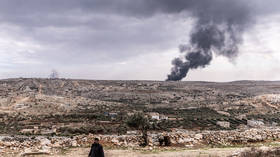
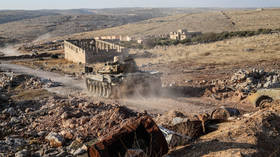


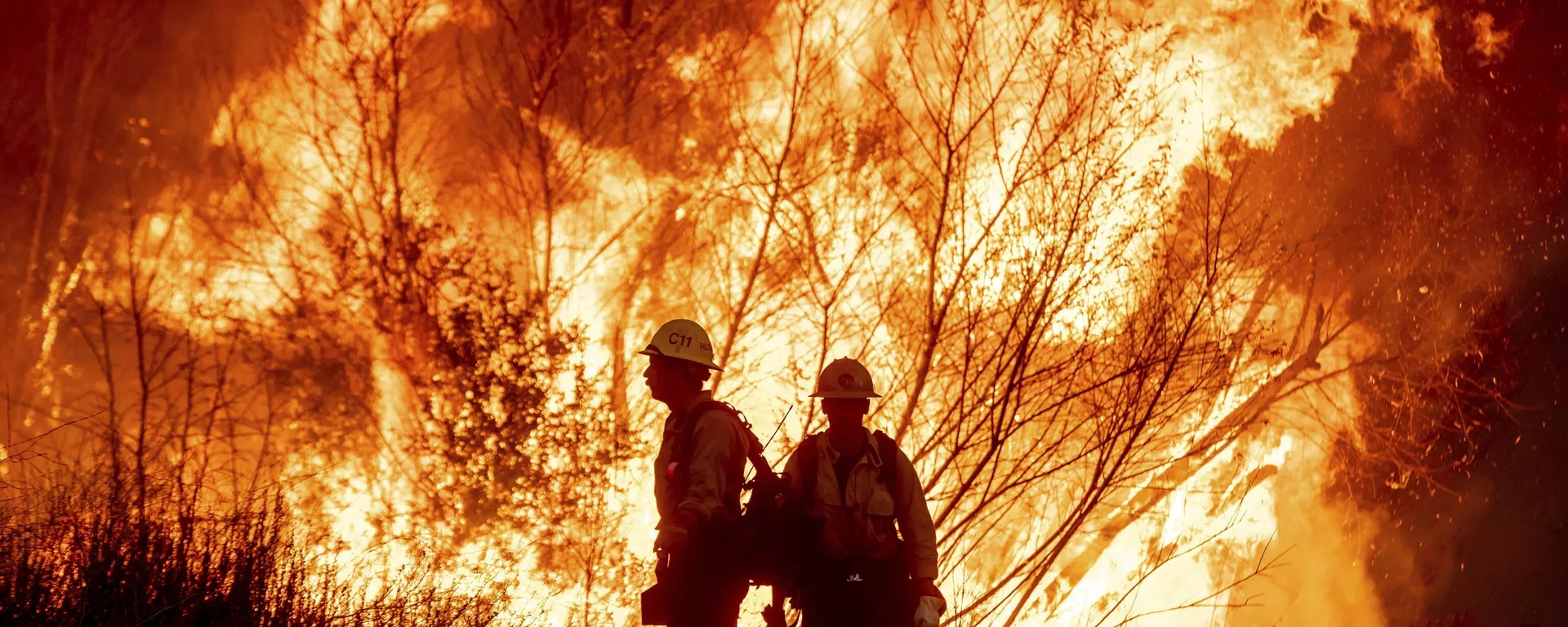
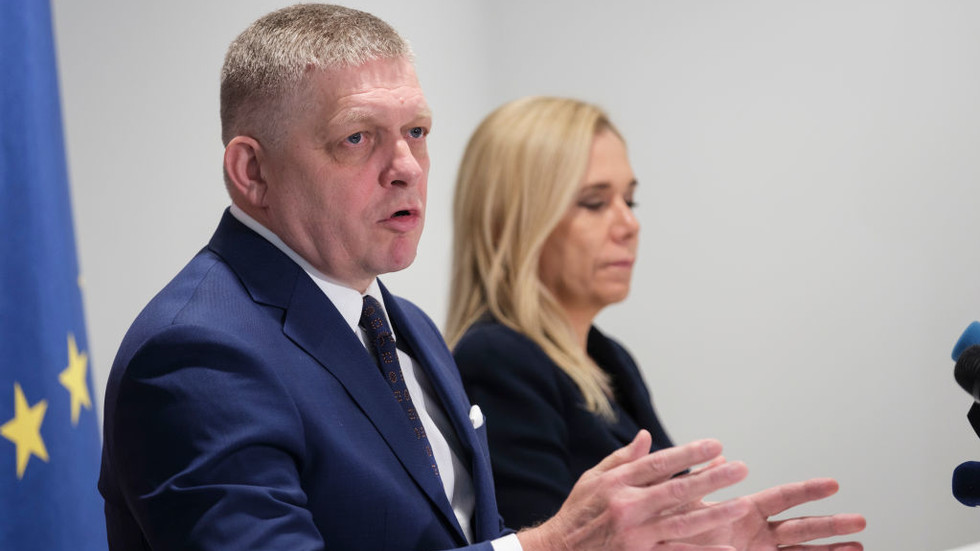
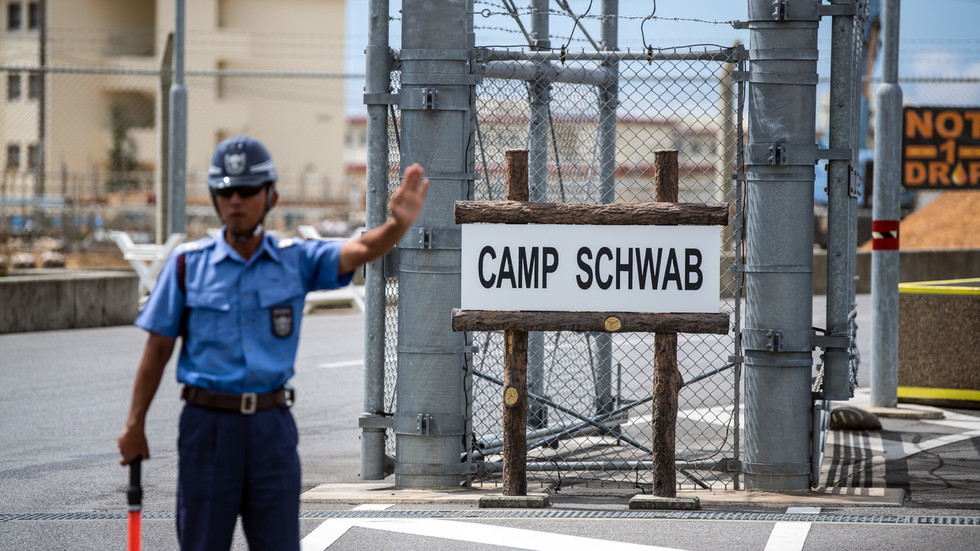
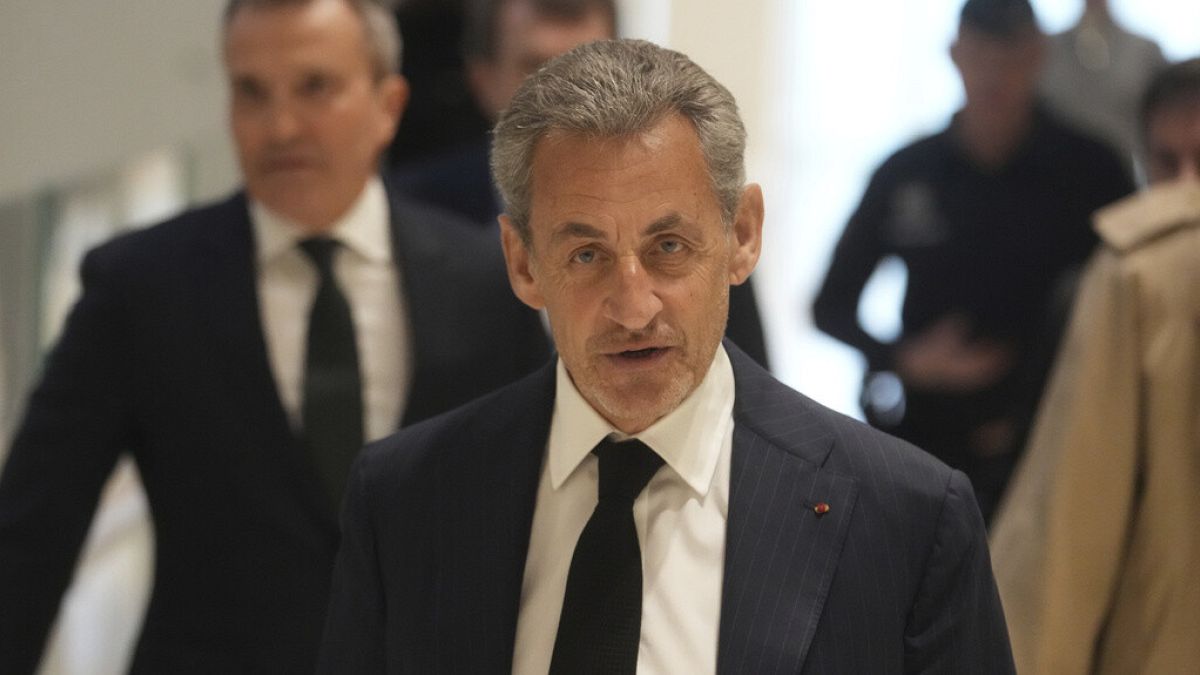
 We deliver critical software at unparalleled value and speed to help your business thrive
We deliver critical software at unparalleled value and speed to help your business thrive






 English (US) ·
English (US) ·